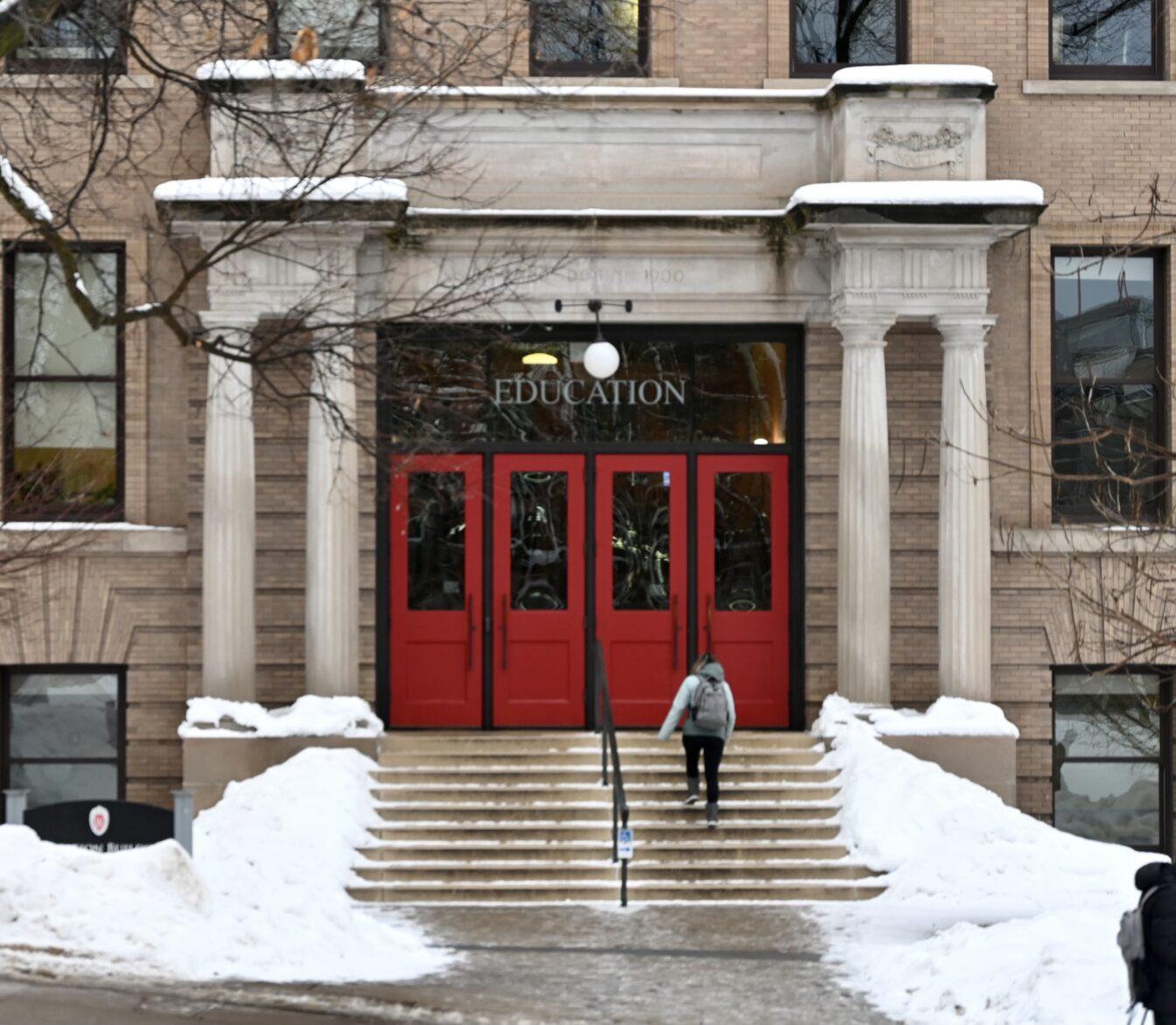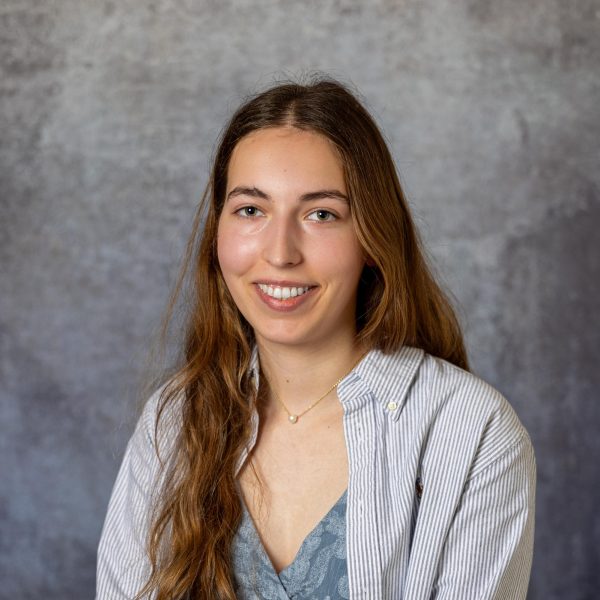A Latinx history project, launched Feb. 1 through the University of Wisconsin School of Education, plans to create a digital archive of scholarly documents on Latinx communities in Wisconsin, according to the School of Education website. The project aims to elevate voices in Latinx communities and provide educational resources for teachers, according to the website.
Co-leader of the Wisconsin Latinx History Collective Andrea-Teresa Arenas said the project focuses on the oral history of Latinx communities in a wide spectrum of occupations.
The research data is meant to be accessible and free to the public, Arenas said. The oral histories and archive collections will go online at the Wisconsin Historical Society.
“It [economic impact of latinos] is a critical area of research that needs to happen,” Arenas said. “Given we’re the largest growing population, we’re changing the way the Wisconsin cities look and feel.”
The project not only focuses on where people work or how much they earn, but how they use that money within the Wisconsin economy, Arenas said.
From an education standpoint, the project’s research will improve the focus on Latinx communities when learning about the Wisconsin economy, Arenas said. For example, if students learn about the dairy industry, data on the high population of Latinx dairy workers will shine a light on the impactful Latinx community, Arenas said.
“[We’re] hoping that that data is used in curriculum to paint a broader picture and a much deeper picture of the complexities of what is to be Latinx in Wisconsin,” Arenas said.
In Wisconsin, Arenas hopes the research data will break negative stereotypes about the Latinx community. The project aims to interview people across race, gender expression and economic lines in order to reveal the capability of the Latinx community, Arenas said.
There are disparities among the Latinx community in high school pushout rates, graduation rates and childcare availability, Arenas said. But this project intends to show that where someone starts is not where they finish, she said.
“We’re the fastest growing population in the state,” Arenas said. “By knowing who we are, you understand the important role we play in economic stability and the making of the state in general.”



